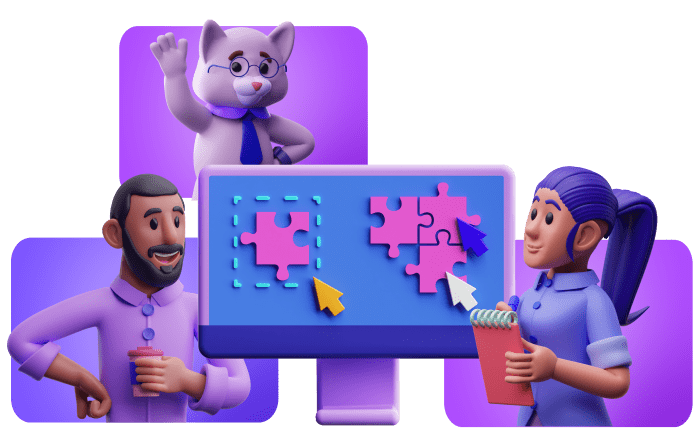Central de Colaboração em Equipe
Tudo o que você precisa saber sobre a importância da colaboração em equipe, desde as características fundamentais até os benefícios e desafios.
Central de Colaboração em Equipe
Tudo o que você precisa saber sobre a importância da colaboração em equipe, desde as características fundamentais até os benefícios e desafios.

